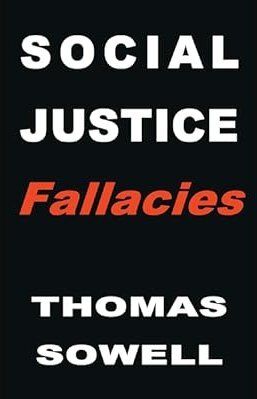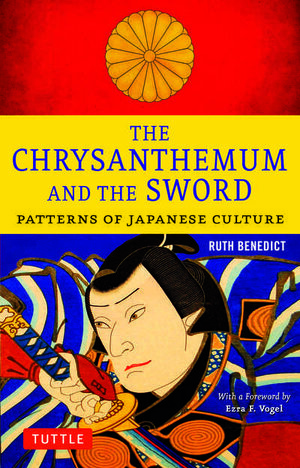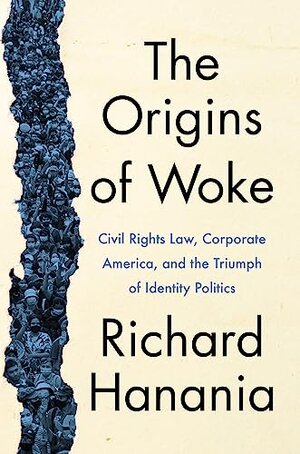
Finished reading Thomas Sowell's latest book Social Justice Fallacies, and I'm a bit underwhelmed. I'm unsure just who this book is written for. If it is written for proponents of social justice, it's quite the assumption that they'd even read it. If for his regular readers, it's a very short summary of various topics he's gone into greater length in various other books.
The proponents of social justice are the same people with the unconstrained vision he's written about, and he knows this. The negative aspects he addresses in this book are positives in their eyes. However, with he himself having once been on the other side of the fence, maybe he thinks the information presented here would be convincing enough to open their minds. I have significant doubts about that, but I suppose he would know better than me, from his experience and wisdom. My disagreement would come from me being more in touch with the current wave of these people simply by age.
If not written for those people, best I can say is that this feels like a good starting point for your average person who is not a devotee of the social justice mindset, but who has heard bits and pieces of the good sounding aspects and like what they heard. This would be something for them to see some of how it actually operates and what actually comes from it, and set them on the path to learn more. However, again, I am unsure if this is actually written for that person in mind. Best I can figure is it's some sort of amalgam of being for social justice advocates, at the general population, and himself as an outlet of his frustrations.
For those familiar with his books, it feels more like a primer. This makes sense, given the title, as his Economic Facts and Fallacies also felt like a primer, and was also underwhelming to me when I had already read his Basic Economics and Applied Economics.
I had been hoping, after Charter Schools and their Enemies, that Sowell would be able to get out at least one more book, and that it'd be on social justice. That it's not a giant, more focused take down on social justice, not only how it is in modern day but all throughout history, is quite disappointing - however, given that most his books in the past thirty years are about the particular mindset these people have, it's kind of difficult for me to complain, and Intellectuals and Society is largely already that.
So for normies, I'd recommend it. For people who are already familiar with Sowell's work, it's... fine. Not one of his best, and plenty of others I'd recommend over it, but it works as almost a quick reference guide to his other books, given how much he directly sources from them.


